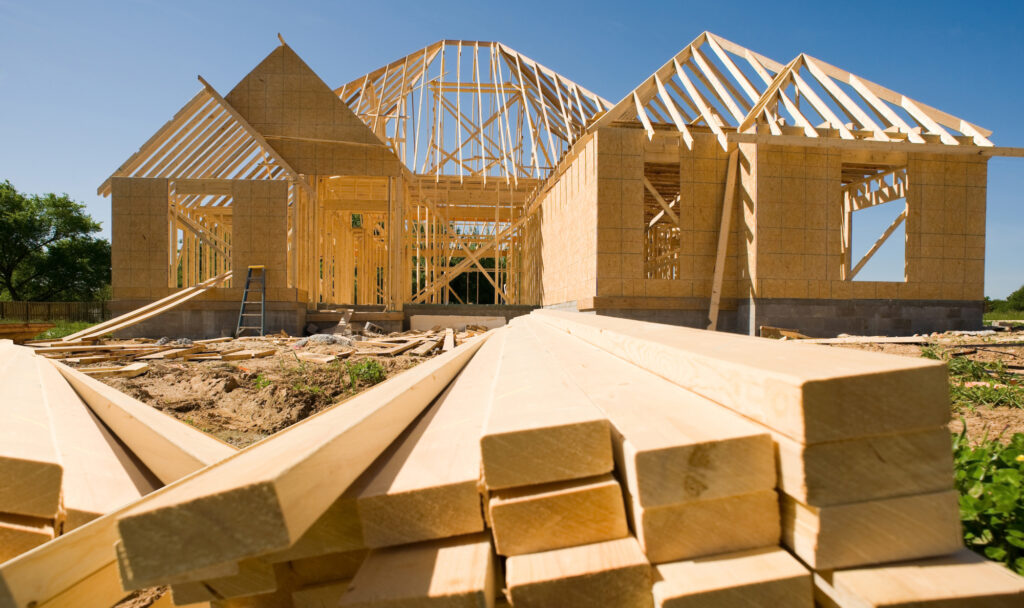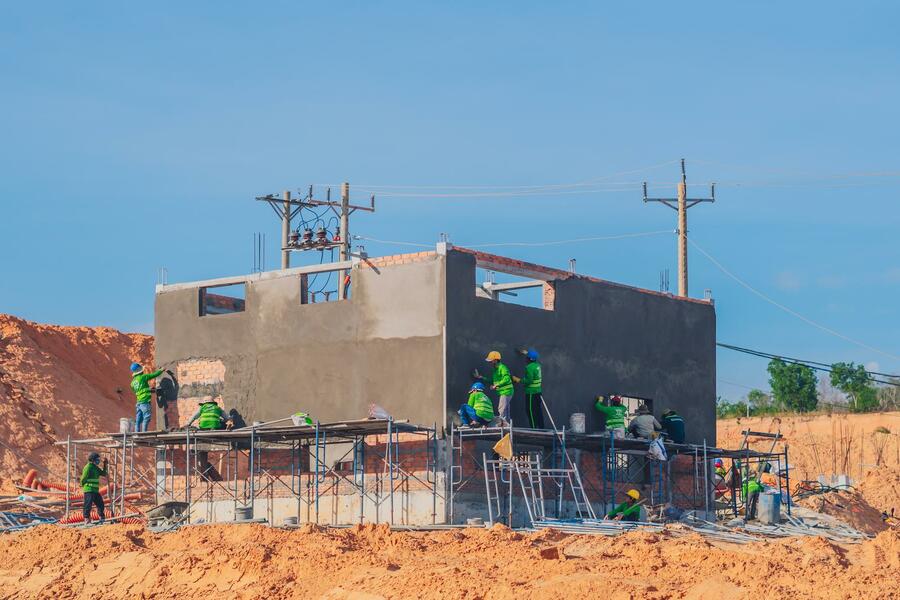COVID-19 will have lingering effects on the supply of new housing in Ontario for years to come.
Developers delayed most of their projects, which were in various stages of construction, over the past year as they came to grips with the pandemic. While the industry has bounced back, there is still much work to do.
The setback will result in belated occupancies on more than 8,000 housing units by the end of 2021. This is cause for concern because we already have a shortage of housing in Ontario, especially in the City of Toronto, where population growth is outpacing new home construction.
Reports suggest we need to build 1.8 million homes over the next 24 years to keep up with projected population growth, but we’re short an average of 12,000 units a year, or 288,000 over that period.
While immigration has declined as a result of the pandemic, Canada’s population is still expected to grow by up to 50% over the next five decades, with Ontario accounting for a good chunk of that growth, which will put even more pressure on our province to provide housing. In other words, a perfect storm is brewing because the population is upsurging and there simply won’t be enough homes to house everybody in the years ahead unless we find a way to bring more units on stream.

It’s critical now, more than ever, to explore innovative ways to get housing built. We’ve chronically underproduced for years, because it takes too long to build in the province, and it will hamper our economic recovery from the pandemic. A University of Toronto study from 2017 found that rezoning for the city’s high-rises, as one example, averaged three and a half years, well beyond the target timeline of nine months. Tens of thousands of housing units are also held up in the appeals process.
The Residential Construction Council of Ontario (RESCON) produced a report, Streamlining the Development Approvals System in Ontario, Modernizing, Digitizing, and E-permitting, which indicated that obtaining a site plan approval from municipal authorities in Ontario almost always exceeds the established 30-day timeline, taking up to 180 days on average. The entire approvals process takes an average of 249 days, almost 100 days more than the average taken for other OECD countries, according to our research.
The solution?
A streamlined and standardized digitized e-permitting system would be a good start. RESCON has been working with ACEO Innovation Lab and other partners in the industry to promote a One Ontario venture that would come up with a set of provincial data exchange standards for use by municipalities.
A unified framework such as this would help speed up approvals by eliminating redundant digital customizations in every municipality. We are hopeful that funds from the Ontario Onwards Acceleration Fund can be set aside for the venture.
Reports prepared for RESCON by the Canadian Centre for Economic Analysis suggest that improving the system would create thousands of new housing units and spur tremendous economic growth.

In the GTA alone, an additional 43,700 more housing units could be built over the next five years if the development approval processes were reduced by just six months. In the meantime, it would also result in 60,100 additional jobs and $6.7 billion in added annual GDP over the same time period. Over 25 years, the GTA could see as many as 100,700 additional units.
Adding new housing stock relative to demand would help make homes more affordable. Not only that but housing, like many other infrastructure and capital investments, also stimulates ongoing economic activity even after homes are constructed, by way of rent, utilities, maintenance, or renovation work.
COVID-19 has no doubt put the system under more pressure and worsened the housing shortage. We need to fix our complex regulatory system and lengthy timelines because they’re barriers to new housing. We’ve had a supply shortage that’s protracted for a generation and driven up costs.
It is now time for concrete action.

Richard Lyall, president of RESCON, has represented the building industry in Ontario since 1991. Contact him at media@rescon.com.









